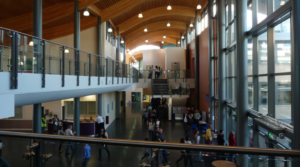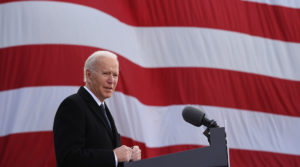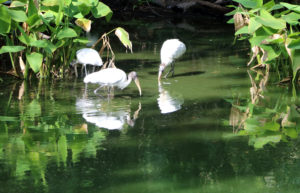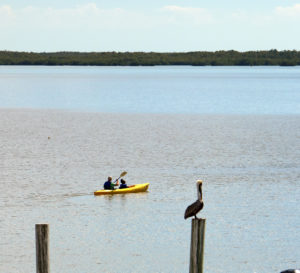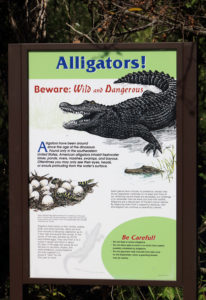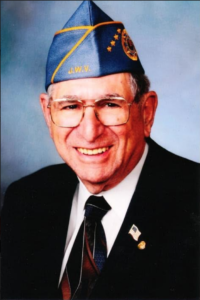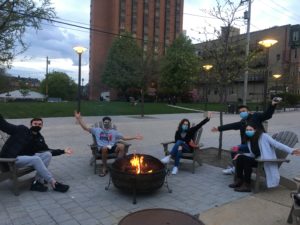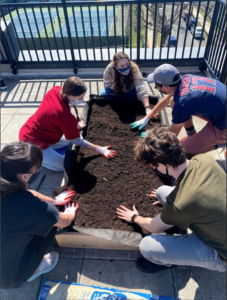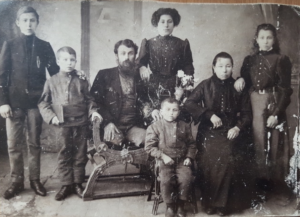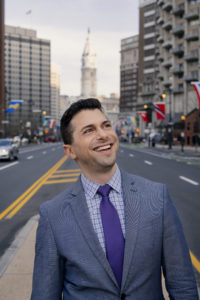 Jewish Groups Condemn State Sen. Cris Dush For Second Time in a Year
Jewish Groups Condemn State Sen. Cris Dush For Second Time in a Year
Several Jewish organizations across Pennsylvania condemned state Sen. Cris Dush on April 23 for using Holocaust analogies when he questioned whether nursing homes were used as “death camps” to reduce the costs of caring for COVID-19 patients.
“Senator Dush clearly has learned nothing,” the statement reads. “His rhetoric has no place in political discourse or debate; these comparisons are offensive and wrong. Repeated misconduct of this nature cannot be righted by after-the-fact apologies and non-apologies.”
“We call on the leadership of the Pennsylvania Senate to take meaningful action to clearly and loudly demonstrate that they reject Senator Dush’s outrageous rhetoric.”
The statement was signed by the Anti-Defamation League, the American Jewish Committee, the Jewish Community Relations Council of the Jewish Federation of Greater Philadelphia, the Pennsylvania Jewish Coalition and eight Jewish Federations from around Pennsylvania.
Dush (R-Jefferson) was criticized a year earlier when he compared Gov. Wolf and his administration to Nazis for a lack of transparency in releasing information on the state’s business waiver process.
State Rep. Jared Solomon met with Dush, who did issue an apology on the House floor several hours later, the next day to convey the impact the analogy had on Jewish Pennsylvanians.
Dush tried to explain to Solomon that it had not been his intent to evoke Holocaust imagery. He’d only meant to analogize the present transparency concerns to the Nazis’ notorious suppression of information.
Challah for Hunger Names New Board Chair, Five Board Members
Challah for Hunger elected Wendy Rhein as its board chair, along with five other board members.
Rhein comes to Challah for Hunger with more than 20 years of experience in nonprofit management and fundraising and is chief of staff of World Food Programme USA. There she leads the strategic plan and its implementation and oversees organizational culture, a multi-year growth plan and management of the president’s office.
She is a graduate of the University of Michigan and Columbia University’s School of International and Public Affairs and has spent much of her career in development with large and small organizations. Rhein serves on the boards of the Freedom Network USA and the Alliance to End Hunger, and chairs the Youth Committee and co-chairs the Racial Equity Action Group at Temple Emanuel in Kensington, Maryland.
Challah for Hunger is a 501(c)(3) national nonprofit leadership development organization based in Philadelphia. Its mission is to build communities of leaders to take action against hunger, particularly college hunger. It has 90 campus and community chapters across the country.
“By drawing attention to the crisis of food insecurity with young adults while also training young adults to be the next generation of anti-hunger advocates, Challah is not only addressing immediate needs but also creating the next generation of Jewish leaders,” Rhein said.
The new board members are Amy Zitelman, Janu Mendel, Eden Gobuty, Maurice Baynard and Nathan Shapiro, and the student board representatives are Erica Friedman and Isaac Kravatz.
Lisa Scottoline to Speak at FamilyMatters’ ‘Spring Into Summer’ Event
Bestselling author Lisa Scottoline is slated to speak at the “Spring into Summer” virtual luncheon by FamilyMatters, a JAFCO Support Network, at 10 a.m. on May 26.
In addition, the event will honor Andrew S. Margolis of A Margolis Realty Co.
The event also will feature raffles, a silent auction, shopping opportunities and an update highlighting FamilyMatters’ services in the community.
FamilyMatters provides intensive support to families in times of crisis, and those facing the impact of trauma or challenging life transitions, such as mental health and substance abuse issues, divorce and custody issues, single parenthood, grandparent, or other relative caregivers, and raising children with special needs.
Register for the event at FamilyMattersNetwork.org/events.


